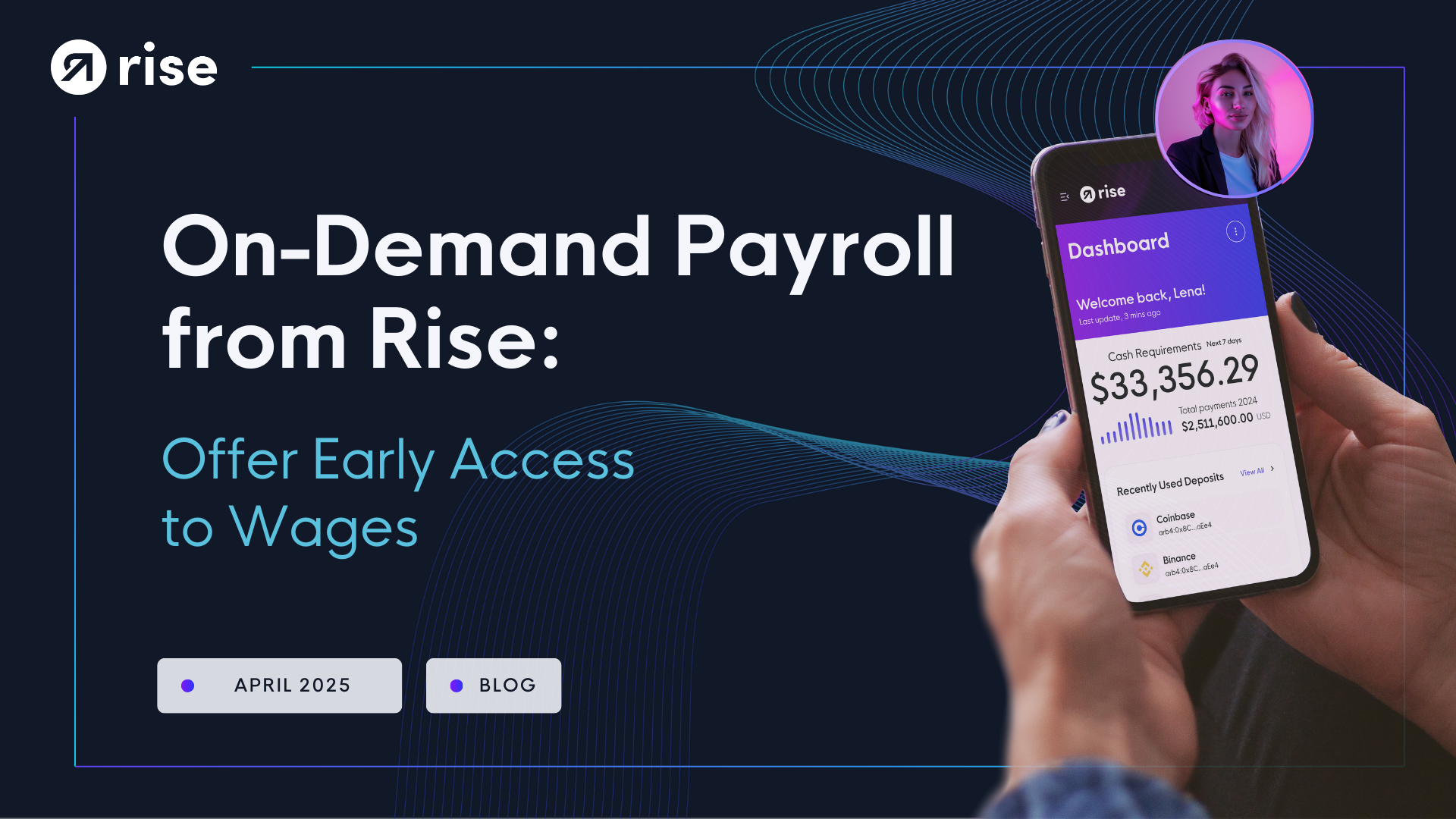

We just launched our new brand. Check it out and see how we are changing the Remote Payment HR world forever.
What is the Gig Economy?
The gig economy refers to the growing number of people who are working as freelancers, independent contractors, or in other non-traditional employment arrangements. These types of jobs are often referred to as ""gigs,"" and they are typically characterized by short-term contracts or project-based work, rather than traditional full-time employment.
Examples of gig economy jobs include ride-hailing drivers, food delivery drivers, on-demand home cleaning and handyman services, freelance writers, graphic designers, and more.
The gig economy has been driven by a number of factors, including advances in technology that make it easier for people to find and connect with gig work, as well as economic conditions that have made it harder for people to find traditional full-time jobs.
Proponents of the gig economy argue that it provides more flexibility and autonomy for workers, and can be a good option for people who don't want to commit to a traditional full-time job. Critics, however, argue that gig work is often poorly paid, insecure, and does not provide benefits such as healthcare and paid leave.
The gig economy is still in the early stages of development and it is still unclear how it will impact the future of work and employment.
Revolutionize your Payroll & Empower your People
Get access to the definitive guide on web3-enabled payroll and compliance solutions














